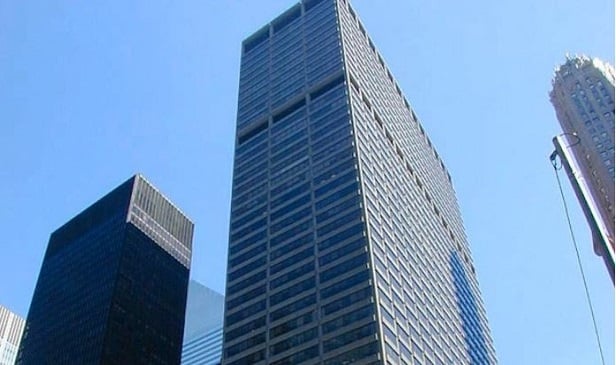TOKYO-Japans economy will drop by 6.5% this year because of the Great Tohoku Earthquake, but it’s the aftermath of the quake that’s causing the dip, not the quake itself, according to a first quarter report by RREEF. While only .02% of properties sustained damage, foreign investors remain on the sidelines to gauge the health of the country’s economy, the company’s head of research in Japan tells GlobeSt.com.
The country saw 4.4% GDP growth in 2010, and was on track for modest growth this year. However, all this changed on March 11 when the earthquake rocked the nation harder than anytime in recent history. Now, RREEF economists predict an economic dip of negative 2.1% for 2011.
Surprisingly, the actual earthquake didn’t cause that much damage. Japan’s real estate sector reported only about 0.02% of damage to total stock. But the resulting energy shortage will be far more devastating, RREEF officials say, because the damaged nuclear energy plants provided more than 25% of the region’s electricity. Now, shortages threaten the stability of all deals.
 Koichiro Obu, RREEF’s head of research in Japan, tells GlobeSt.com that most foreign non-Japanese investors will now stand on the sideline and wait until the nuclear situation stabilizes. “The yield spread is already widest in Japan among major nations even before the earthquake, so there are good reasons to make investments in Japan this year, depending on investors personal risks appetite,” Obu says. “For example, we expect negative sales growth in most retail assets this year. Within retail, dining-related assets are expected to be weaker than others.”
Koichiro Obu, RREEF’s head of research in Japan, tells GlobeSt.com that most foreign non-Japanese investors will now stand on the sideline and wait until the nuclear situation stabilizes. “The yield spread is already widest in Japan among major nations even before the earthquake, so there are good reasons to make investments in Japan this year, depending on investors personal risks appetite,” Obu says. “For example, we expect negative sales growth in most retail assets this year. Within retail, dining-related assets are expected to be weaker than others.”
The office market will also suffer a dip this year, even though new development is still going as planned, especially in the office sectors in Tokyo and Osaka for the next one-to-two years. These projects were initially planned when the market was strong, well before the earthquake, Obu says.
The recovery of office fundamentals will likely be pushed back, though the area has one of the widest yield spreads of any major market in the world. “Given, the lack of purchasers, acquisition prices are not likely to be very competitive. It should be noted that investors have to incorporate the anticipation of weakening economy in 2011 into their cash flow projection,” Obu says.
© Touchpoint Markets, All Rights Reserved. Request academic re-use from www.copyright.com. All other uses, submit a request to [email protected]. For more inforrmation visit Asset & Logo Licensing.






